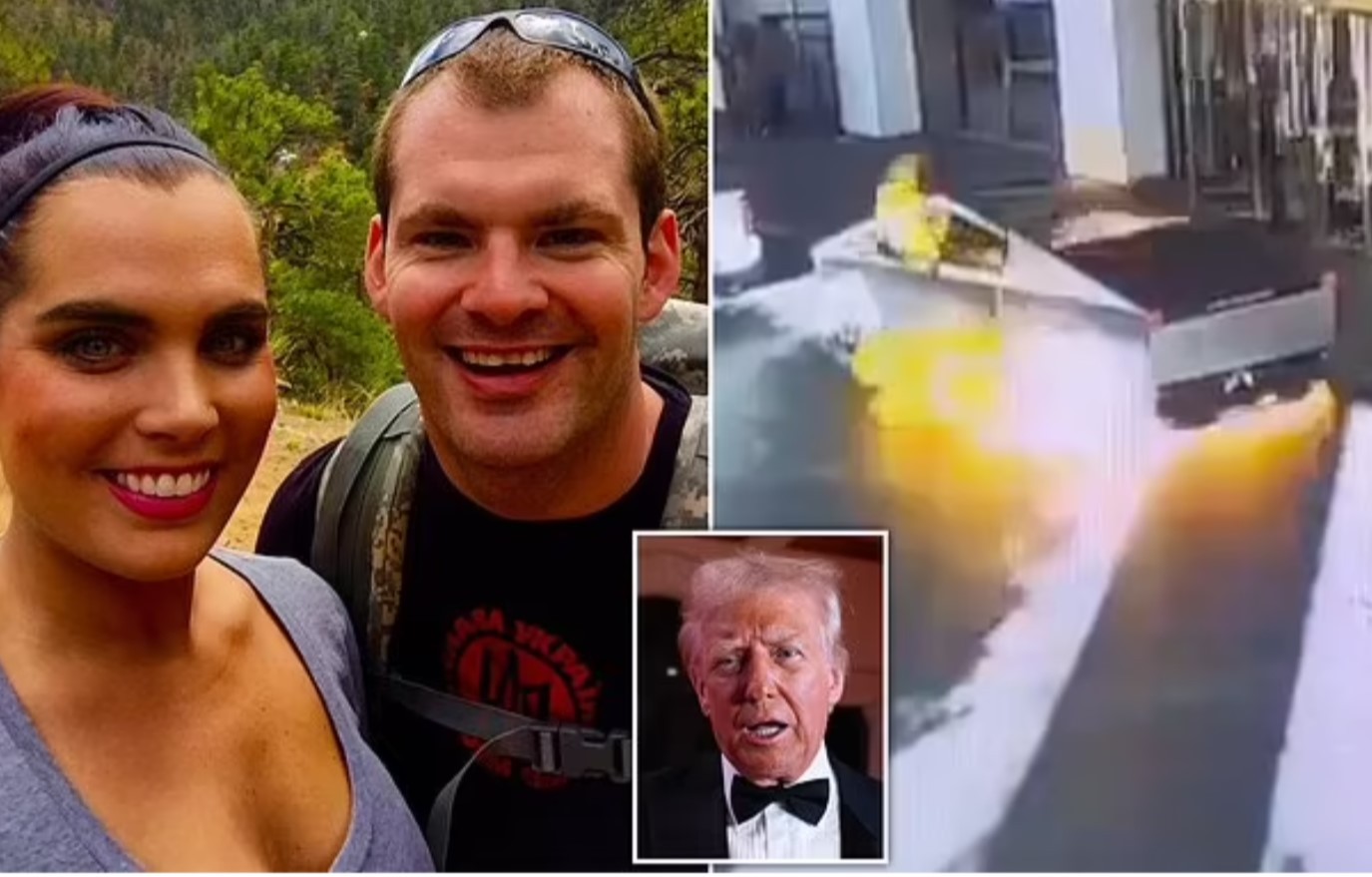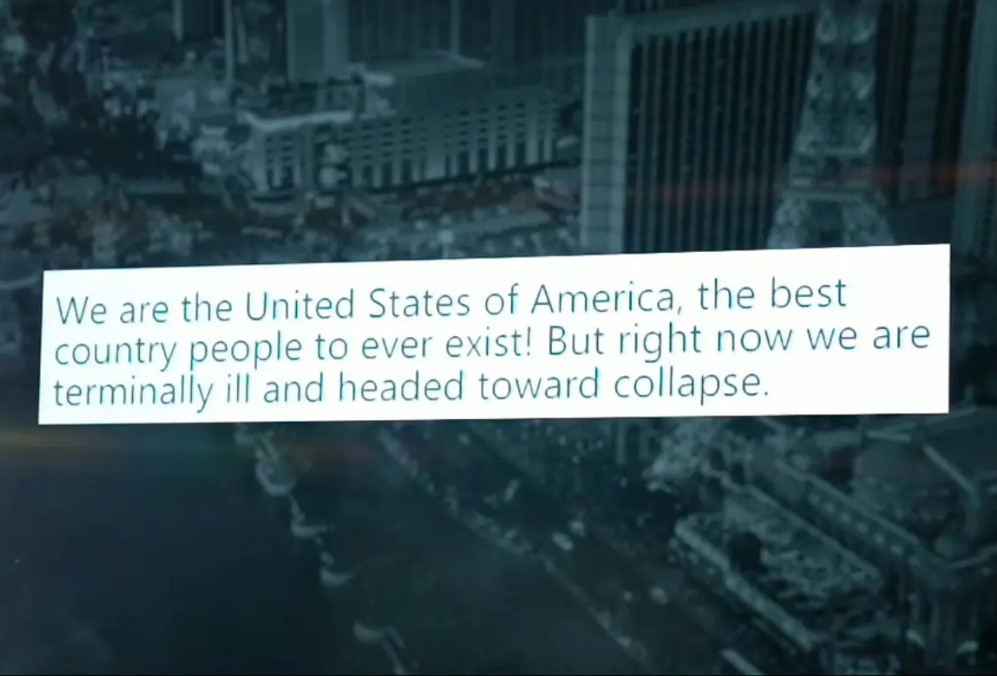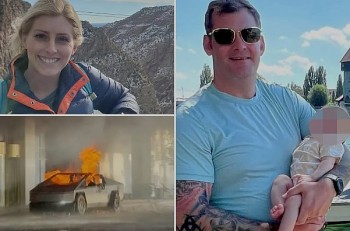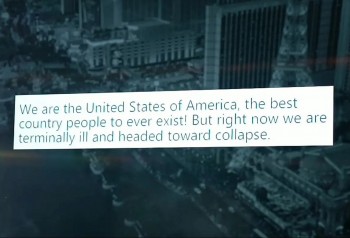Matthew Livelsberger, Cybertruck driver used ChatGPT to plan attack
 |
| Matthew Livelsberger and His Wife, Sara |
A former Green Beret named Matthew Livelsberger blew up a Cybertruck in Las Vegas, injuring seven people. He used an AI chatbot (ChatGPT) to help plan the attack. Police said he asked the chatbot about explosive targets, ammunition speeds, and fireworks laws in Arizona. The explosion happened outside Donald Trump's hotel on New Year's Day.
Livelsberger, 37, shot himself before the bomb went off. The FBI found a note from him explaining his motive. He wrote that it was not a terrorist attack but a wake-up call, saying Americans only pay attention to violence. He believed the country was in decline due to poor leadership.
Las Vegas police said today that Livelsberger used ChatGPT to help plan the attack, including identifying information on explosive targets, the speed at which certain rounds of ammunition would travel, and whether fireworks were legal in Arizona.
That the bomber used ChatGPT could also be an inflection point in terms of broader usage of AI versus Google as well. Google Chief Executive Officer Sundar Pichai told Google employees at a strategy meeting in late December that he was concerned that ChatGPT may become synonymous with AI in the way Google is to search.
| “We are saddened by this incident and committed to seeing AI tools used responsibly,” a spokesperson from OpenAI, who owns ChatGPT, said in a statement. “Our models are designed to refuse harmful instructions and minimize harmful content. In this case, ChatGPT responded with information already publicly available on the internet and provided warnings against harmful or illegal activities. We’re working with law enforcement to support their investigation.” |
 |
| Matthew Livelsberger's Suicide Note |
A Complex Man
Despite his struggles, Livelsberger was known for his compassion. During a 2009 deployment in Afghanistan, he rescued a stray dog and brought it to his team compound, showcasing his care for even the smallest lives. He later helped an Afghan interpreter, Fardin Fetwat, resettle in the U.S., picking him up from the airport and organizing a fundraiser to support his family’s new life in Denver.
“He was always someone who wanted to help others,” said Fetwat, who never suspected the darkness Livelsberger was facing.
Arritt echoed this sentiment. Despite their breakup—driven by their differing life goals—she continued to care for him from afar, describing him as the “one who got away.” Livelsberger had expressed pride in his service, often sending her photos of himself in camouflage and military vehicles. Yet, his jovial exterior masked the toll of years in combat.
A Tragic Wake-Up Call
The investigation into Livelsberger’s death remains ongoing, with officials working tirelessly to piece together his final days. FBI Special Agent Spencer Evans described the case as “a highly publicized tragedy rooted in the personal struggles of a decorated veteran.”
For those who knew Livelsberger, his actions remain both shocking and heartbreaking. His story serves as a grim reminder of the invisible wounds of war and the need for greater support for those who have borne the weight of combat.






























